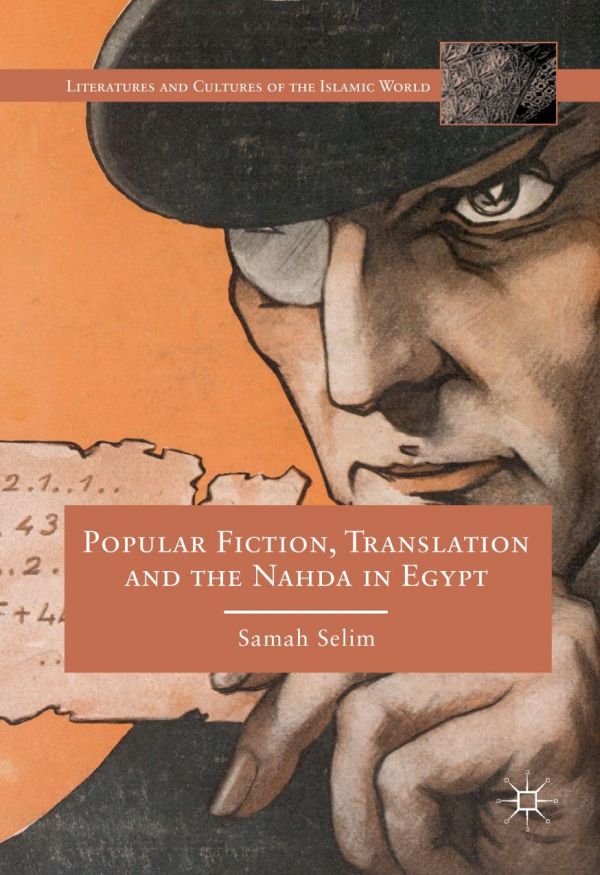

Most ebook files are in PDF format, so you can easily read them using various software such as Foxit Reader or directly on the Google Chrome browser.
Some ebook files are released by publishers in other formats such as .awz, .mobi, .epub, .fb2, etc. You may need to install specific software to read these formats on mobile/PC, such as Calibre.
Please read the tutorial at this link. https://ebooknice.com/page/post?id=faq
We offer FREE conversion to the popular formats you request; however, this may take some time. Therefore, right after payment, please email us, and we will try to provide the service as quickly as possible.
For some exceptional file formats or broken links (if any), please refrain from opening any disputes. Instead, email us first, and we will try to assist within a maximum of 6 hours.
EbookNice Team

Status:
Available4.5
28 reviewsThis book is a critical study of the translation and adaptation of popular fiction into Arabic at the turn of the twentieth century. It examines the ways in which the Egyptian nahda discourse with its emphasis on identity, authenticity and renaissance suppressed various forms of cultural and literary creation emerging from the encounter with European genres as well as indigenous popular literary forms and languages. The book explores the multiple and fluid translation practices of this period as a form of ‘unauthorized’ translation that was not invested in upholding nationalist binaries of originality and imitation. Instead, translators experimented with radical and complex forms of adaptation that turned these binaries upside down. Through a series of close readings of novels published in the periodical The People’s Entertainments, the book explores the nineteenth century literary, intellectual, juridical and economic histories that are constituted through translation, and outlines a comparative method of reading that pays particular attention to the circulation of genre across national borders.